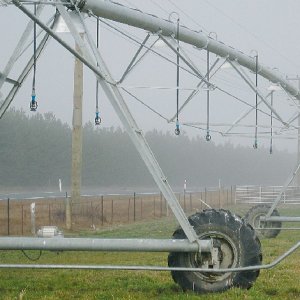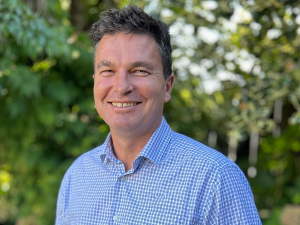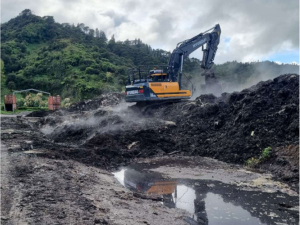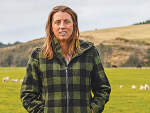With less than eight weeks to go before on-farm water meters become compulsory, IrrigationNZ is worried one third of irrigators in Canterbury and two thirds in Otago have yet to install them.
IrrigationNZ chief executive Andrew Curtis says irrigators need to move quickly otherwise the whole industry could be branded irresponsible, and IrrigationNZ can support farmers struggling to understand their metering requirements.
From November 1, 2012, all irrigation water takes over 20 litres per second will need to be metered and verified by regional councils. Penalties are likely for irrigators who fail to comply.
"The regulations were passed two years ago and given the effort that regional councils and IrrigationNZ have put into raising awareness, the numbers of meters yet to be installed is disappointing," says Curtis.
Feedback from industry suggests some farmers are still putting water meters "in the too hard basket" due to the complexity of their irrigation takes, while others are too busy or have forgotten the deadline date.
"These irrigators need to get on with it as time is running out - your forgetfulness could soon cost you in terms of compliance visits and fines. The regional councils will not wait forever."
Furthermore, Curtis says water meters are actually beneficial for irrigators. "Forget compliance – water meters allow more accurate irrigation scheduling which saves power and increases production. They also tell you at a glance whether your irrigation equipment is working as designed. You can't manage what you can't measure - so if you want certainty for your business put a meter on and quickly."
Water metering also benefits the water quality and quantity limit setting processes, alongside the consent renewal process - allowing decisions to be based on real-life data rather than hypothesis.
"Currently there are too many assumptions being made about water use. Irrigators need to prove how efficient they already are with their water use."
While IrrigationNZ appreciates some irrigators have complicated metering requirements, industry advice is available to help irrigators work through such scenarios, says Curtis.
"Open channel measurement can be particularly complex. The reality is water metering is site specific so you will need advice suitable for your property. If you have a really complex situation and are not sure where to go, get in touch with IrrigationNZ or your regional council. The IrrigationNZ 'Blue Tick' industry accreditation programme also provides lists of installers, verifiers and data management specialists all detailed on our website www.irrigationnz.co.nz. Each of whom can work through your requirements with you."
For IrrigationNZ it is imperative that all irrigators get behind water metering and preferably well before 1 November 2012 rolls around.
"It's difficult to work proactively on behalf of irrigators if a number of us continue to drag the chain. If you have not put your meter on you need to act now. The irrigation industry requires users who can demonstrate responsible water use and water meters will help us achieve this."



















